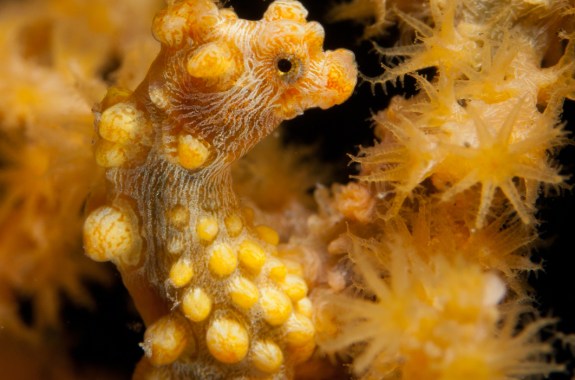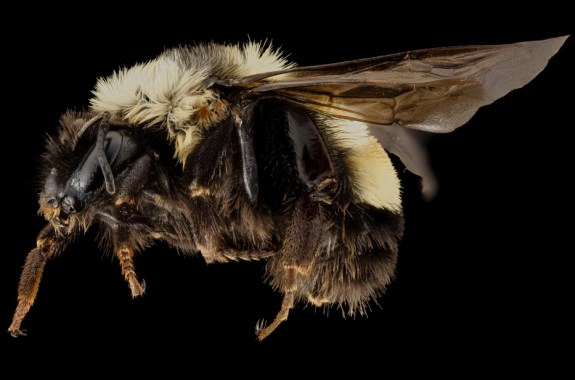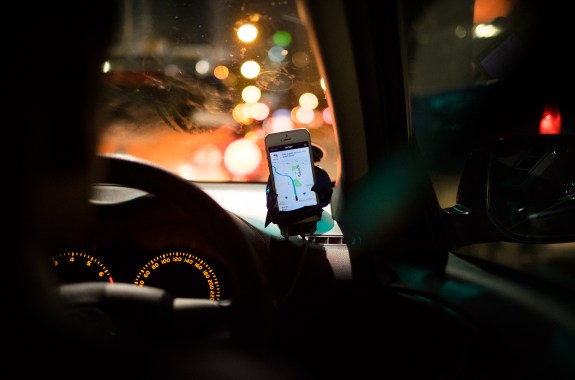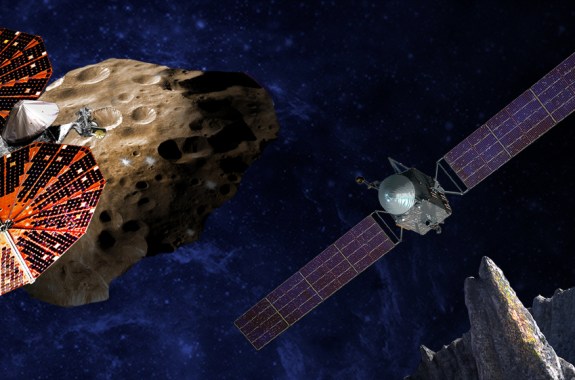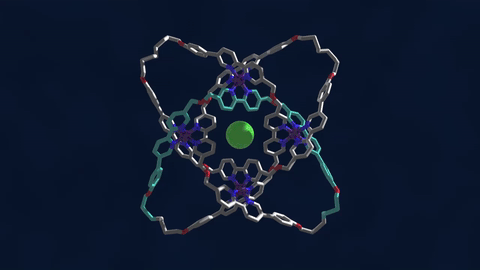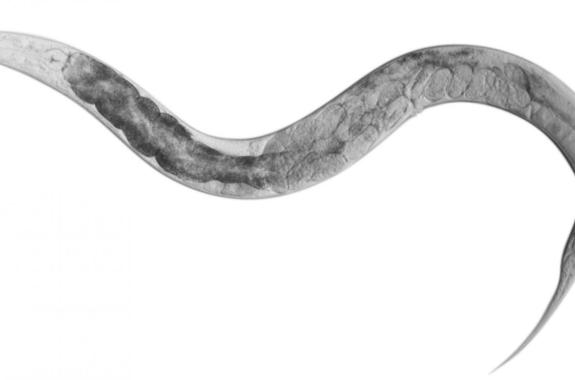Radio
Listen to Science Friday live on Fridays from 2-4 p.m. ET
November 29, 2024
For our 33rd anniversary, we’re broadcasting some of our listeners’ favorite SciFri stories. And, this year’s Ig Nobel Prizes include awards for studying coin flipping, the movements of a dead trout, and more.
25:38
The Gesture That Changed Human History
In his new book, physicist Carlo Rovelli takes a journey through modern physics, from Galileo to quantum gravity.
8:11
Where Do Baby Seahorses Come From?
Seahorses are one of the few vertebrates where males become pregnant and give birth to offspring.
46:58
Special Coverage: How Will Scientific Research Fare Under President Donald Trump?
From cabinet nominees to Congressional wishlists, a look at what could realistically change for scientists in the coming years.
5:37
Drunken Munchies, a Paper Centrifuge, and an Endangered Bumblebee
Science journalist Sophie Bushwick rounds up some of the week’s science news.
6:32
Ride-Sharing Data Will Be Available to All. Will Privacy Be Protected?
Uber has resisted sharing data in the past. Now the company plans to give it to everyone.
16:29
Lucy and Psyche Asteroid Missions Explore the Early Universe
NASA’s upcoming asteroid missions will examine a metal world and primitive planetesimals.
11:34
As Automation Advances, What’s Next for Human Jobs?
A new report looks at potential impacts of automation and artificial intelligence on jobs in a variety of industries.
7:56
Twisted Science: Tying The Strongest Molecular Knot
There are more than six billion known knot configurations. Scientists have used metal ions to tie the tightest molecular knot.
9:00
Why You Should Be Patient With Your Indecisive Teen
A roundworm model suggests that teenage indecision isn’t just a torture tactic.
16:32
After Concussion, What Blood Can Reveal About the Brain
A blood test may help athletes gauge concussion recovery, plus new concerns about the risks for CTE.

